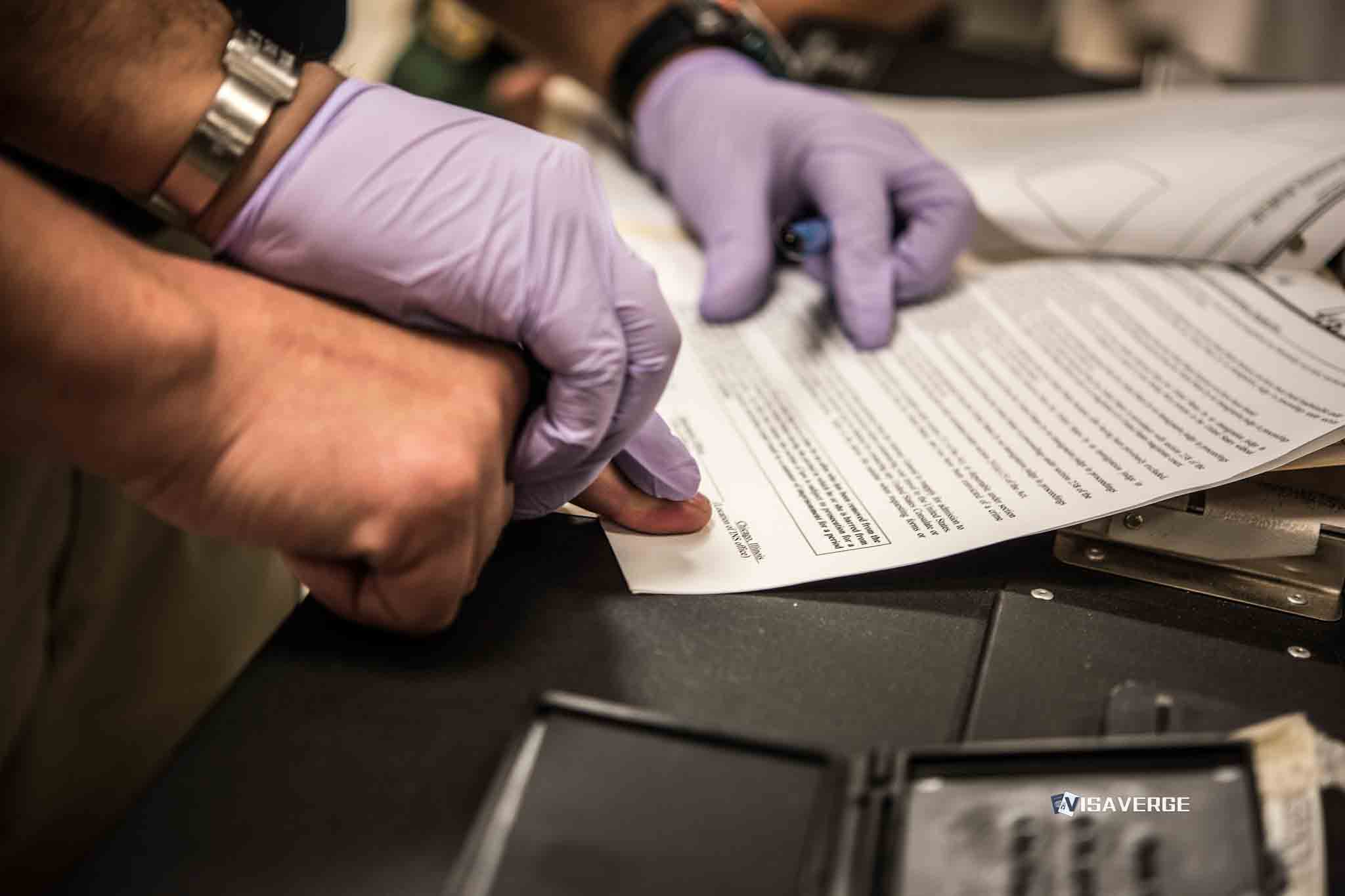The Home Office has released arrest footage and confirmed a nationwide enforcement push against asylum seekers and other migrants working illegally as delivery drivers, with 280 arrests made between 20 July and 27 July 2025. Officials say the action aims to deter unlawful work in the gig economy and protect the integrity of the asylum system.
Authorities stopped and questioned 1,780 delivery drivers across the country in that single week. Of those arrested, 53 asylum seekers now face a review of their government support, which could mean loss of accommodation and weekly payments. The Home Office says the operation responds to reports that people in asylum hotels take delivery jobs, often to repay debts to smugglers.

Why the crackdown is happening now
- Political pressure and a push to reduce irregular migration.
- Investigations revealed widespread use of borrowed or fake accounts on delivery apps.
- The government increased resources for workplace raids and identity checks in 2024–2025, with a focus on gig sectors.
What the numbers show
- 1,780 stops and 280 arrests in one week.
- 53 asylum seekers under support review, which may lead to suspension or withdrawal of assistance.
- The UK had 109,000 asylum claims in the year ending March 2025, up 17% from the previous year.
- The backlog awaiting an initial decision fell to 109,500 as of 31 March 2025, down from a peak of 175,500 in June 2023.
How the operations work
- Immigration teams station at hotspots (restaurant districts and delivery hubs) and stop riders for status checks.
- Those suspected of illegal working are arrested.
- If arrested asylum seekers receive Home Office support, officials start case-by-case reviews that may cut accommodation and allowances.
What delivery firms are being told
- The government has scheduled meetings with major platforms to strengthen ID verification.
- Proposed measures include:
- Real-time selfies matched to stored photos.
- Two-factor authentication.
- Stricter checks on who holds and uses accounts.
- Companies may be asked to share risk data and respond faster to Home Office notices on suspected illegal working.
Key rules for asylum seekers
- Asylum seekers cannot work while their claim is pending unless they have waited more than 12 months and have permission to work in shortage occupations. This permission is limited and must be granted before starting any job.
- Working without permission can trigger the loss of asylum support (hotel rooms or other housing and a small weekly allowance). This can lead to homelessness and increased vulnerability.
Important: Working without permission may lead to immediate loss of accommodation and allowances, and increases the risk of exploitation and destitution.
Views from different sides
- Home Office officials say strict enforcement deters rule-breaking and helps maintain public trust in the system.
- Advocacy groups and some lawyers argue the ban on work pushes people into the shadow economy, warning the crackdown could leave vulnerable people destitute and more open to exploitation.
- Labour market experts note migrants often end up in low-paid, insecure roles and face barriers to legal jobs.
What this means for affected groups
- Asylum seekers:
- Risk losing support if caught working.
- Some may fear removal if they breached conditions.
- Others may move into hidden, unsafe work.
- Employers and platforms:
- Face higher compliance costs, increased scrutiny, and possible penalties if negligent.
- Need stronger checks to stop account lending and fraud.
- Local communities:
- May see short-term visibility of raids and potential rises in homelessness if support is pulled.
- Ongoing debate about fair rules and public safety.
Steps asylum seekers can take now
- Do not accept delivery work or any job without permission.
- If you’ve waited over 12 months, speak to a qualified adviser about applying for permission to work in shortage roles. Ask your lawyer to explain the limits clearly.
- Keep your asylum support details updated and attend reporting events. Seek legal help immediately if the Home Office reviews your support.
- If approached to use someone else’s delivery account, refuse — it’s illegal and can harm your case.
What delivery platforms should do
- Implement live photo checks during log-in and mid-shift to prevent account sharing.
- Run regular audits of accounts linked to addresses known for shared use, including hotels.
- Publish clear, simple rules in multiple languages telling riders that only authorized workers may use accounts; make lending or renting accounts a ground for immediate deactivation.
- Create a rapid-response channel for Home Office alerts and share non-sensitive fraud indicators to help spot risks.
Legal process and support reviews
- After an arrest for illegal working, the Home Office can trigger an asylum support review. Decisions are case by case. People can seek legal advice and may be able to challenge a decision to stop support.
- If support is cut, contact your legal aid representative or a registered charity immediately. You may qualify for different support if you are homeless or have particular needs.
Official information and forms
- For government guidance on asylum support, see the Home Office page on asylum support. It explains who can get housing and allowance, what happens if rules are broken, and how to report changes in your situation.
- If you receive a letter about your support being reviewed or stopped, ask a lawyer to check deadlines for responses and appeals. Keep copies of all documents. If a specific form is required, use only the official version on the government site. If an official link for that form isn’t available, ask your adviser before sending anything.
Wider context and the road ahead
- The asylum backlog has fallen from its 2023 peak but remains high, leaving many people in long waits without legal work. This creates pressure to take risky jobs, especially in delivery work where account sharing is common.
- The Home Office plans to continue, and possibly expand, operations against illegal working in the gig economy. Additional rules may require closer data sharing between platforms and immigration authorities.
- Debate will continue over whether earlier legal work access would reduce exploitation and improve outcomes, or whether stricter enforcement better deters illegal work. As reported by VisaVerge.com, policy choices in this area often shape both migrant safety and public confidence.
Practical takeaways
- Do not work as delivery drivers without permission if you’re seeking asylum.
- If you’ve waited over a year, talk to a lawyer about permission to work in shortage roles.
- Delivery firms should improve live ID checks and act fast on suspected fraud.
- For official guidance, visit the Home Office’s organisation page at gov.uk/government/organisations/home-office.
This Article in a Nutshell













